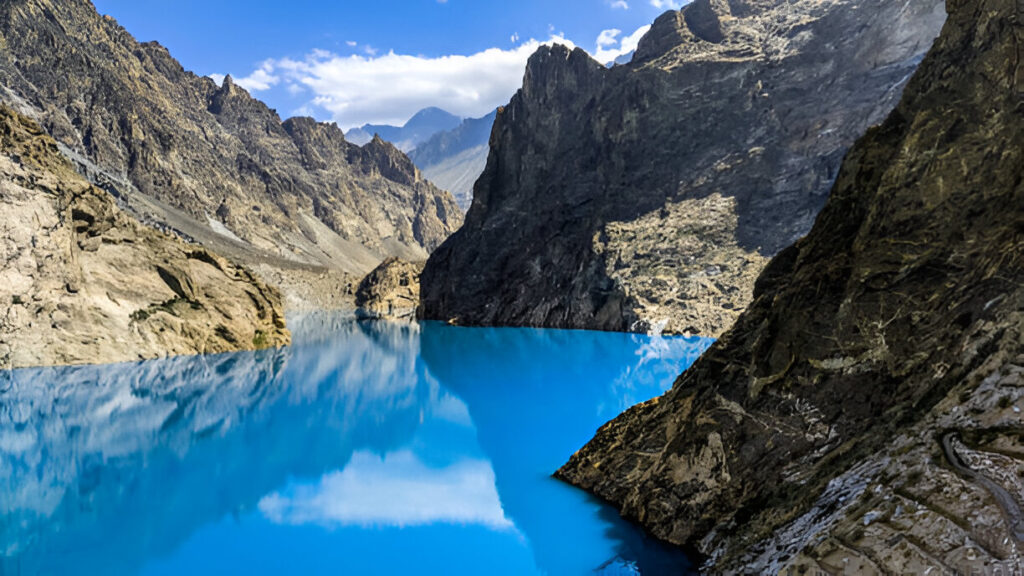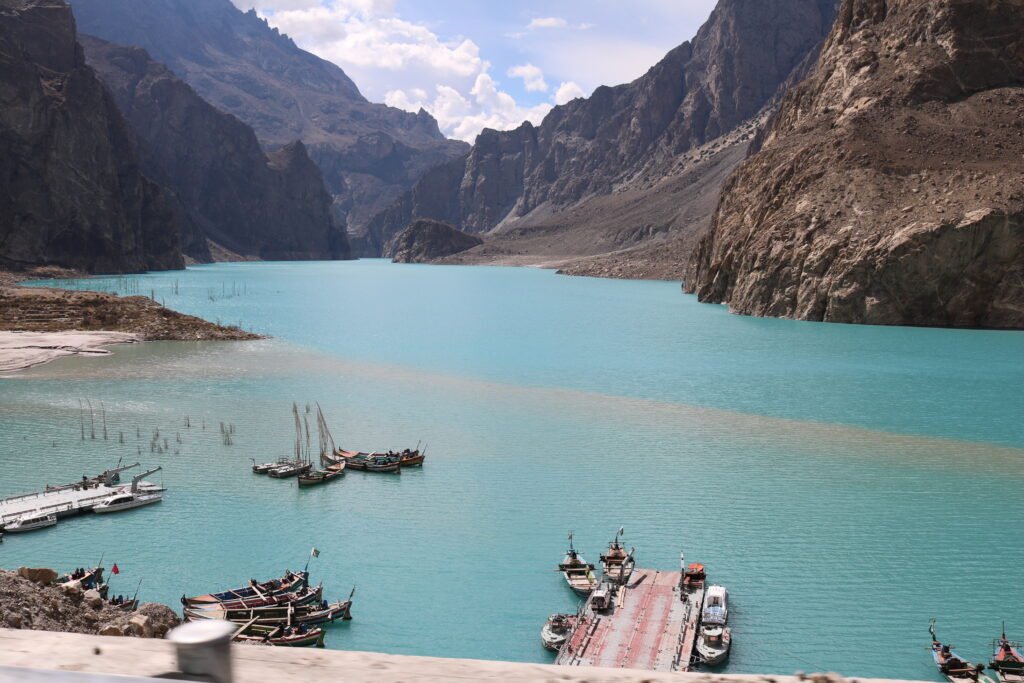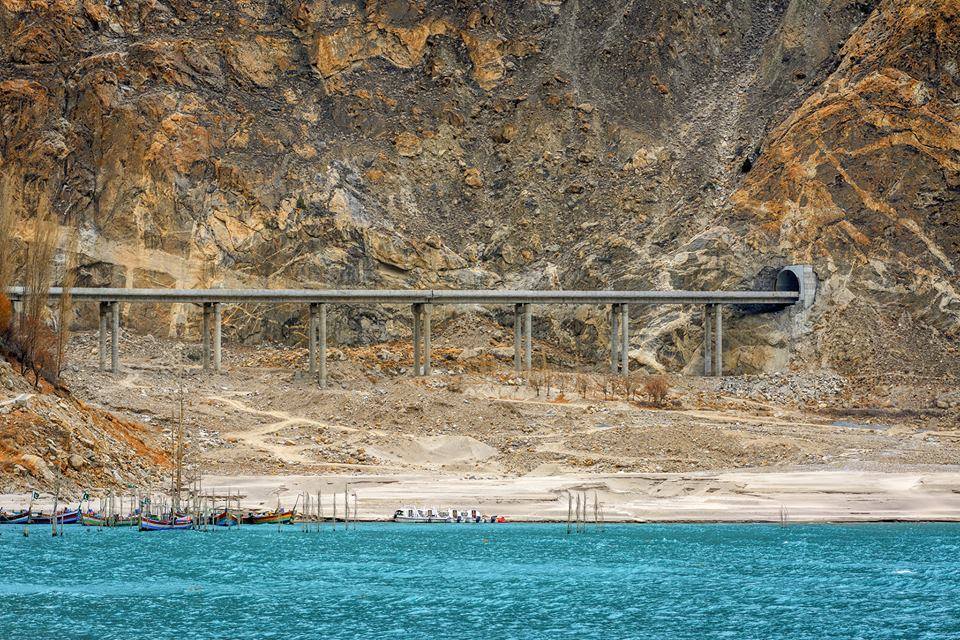
The Travel North
The Unexpected Environmental
Impact in Gilgit-Baltistan
The first time I visited Gilgit Baltistan, I found the countryside lovely. The mountain heights, rivers, and valleys appeared like the current civilisation had not invaded them. I stood in an area I could compare to a paradise where nature, specifically trees, dominated the region. However, after spending some time there, I began to pay attention to something I had not anticipated – an environmental problem gradually developing in this deserted area. This led me to think that Gilgit-Baltistan has various environmental issues, unlike the beauty of the place.
The Beauty Hides the Reality
A massive part of its water supply for agriculture, drinking, and hydroelectric power depends on the glaciers of Gilgit-Baltistan. However, climate change has further escalated the melting rate of these glaciers. The water they once enjoyed in the community could be more reliable, as well as floods during the summer and water scarcity during winter. Seeing the reverse process happen was rather startling for someone who had heard of glacier importance growing up.
Climate Change is Knocking on the Door

What is the weather update in Gilgit? Tourism has brought good values, especially on the economic front, through enhanced revenue income to the Government of Gilgit-Baltistan, but it has also had increased negative impacts on the environment. While the new-found want for the locals because of increased business for their stores was apparent, seeing the impact that tourism has had on the natural environment of the main was disheartening.
The problem arises from the fact that the number of cars increases, and therefore, the number of dumped waste and direct pressure on the natural environment.
Tourism: A Double-Edged Sword

Tourism has brought much-needed economic growth to Gilgit-Baltistan but comes with a heavy environmental cost. While I could see the joy in the faces of the locals as their businesses thrived, I could not help but notice how tourism has taken its toll on the region’s fragile ecosystem. The increased number of visitors means more vehicles, waste, and environmental pressure. I saw beautiful camping spots littered with garbage, rivers polluted by non-biodegradable waste, and trees cut down to make space for new hotels.
Unregulated Construction and Deforestation
Another shocking matter I encountered was the emergent unauthorised construction issue. New hotels and guesthouses were being established wherever I went, many of them developed from an environmental impact point of view.
Existing trees were cut down for development projects, and the chaos of the layouts could trigger landslides or future environmental hazards. Here in the mountainous region, deforestation poses many concerns because apart from threatening the balance of the biological system, it also results in more frequent calamities such as floods and landslides.
What Needs to Change?

As for me, seeing the problems people of Gilgit-Baltistan faced in terms of environmental concerns made me realise that something needed to be done at once. Enhancing waste collection and disposal, improving the regulatory mechanisms for constructing activities, and promoting ecologically friendly tourism measures are unavoidable. As the government aims to develop the economy, the local government and communiti












